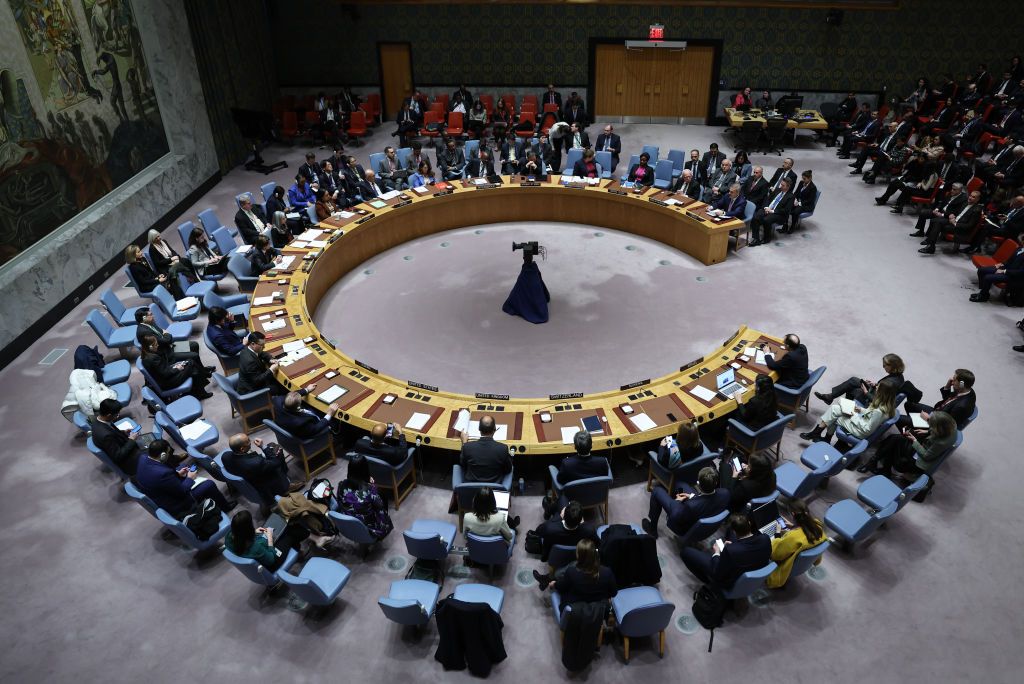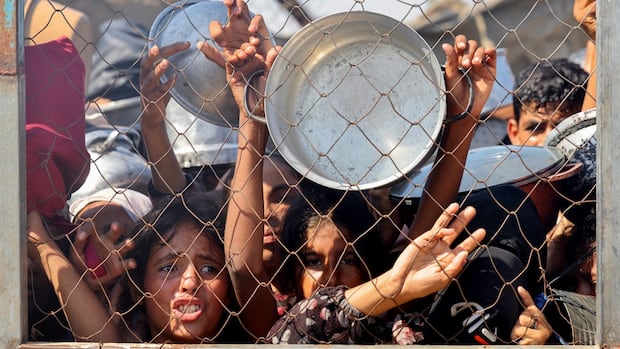Outrage Sparks as Convicted Sex Offender Becomes Father: Pennsylvania Faces Parenting Loophole!

Can a registered sex offender become a parent without a hitch? In a shocking revelation, a Pennsylvania man, Brandon Keith Mitchell, is igniting a firestorm of controversy after sharing heartwarming videos of him and his husband celebrating their baby boy’s milestones. But there’s a dark twist to this seemingly innocent story: Mitchell is a convicted child sex offender.
This month, Mitchell went viral for his touching posts on social media, where he and his husband are seen blowing out candles for their son’s monthly birthdays and sharing affectionate moments. However, the bliss quickly turned to outrage when it came to light that Mitchell had a troubling past, having been convicted in 2016 for child sex abuse and possessing child pornography.
Mitchell and his husband had previously turned to crowdfunding to help pay for surrogacy, eventually finding a surrogate who gave birth to their baby boy. As they document their parenting journey online, many are questioning how Mitchell could legally become a parent given his background.
What’s even more alarming is that Pennsylvania law does not explicitly prohibit a registered sex offender from becoming a parent through surrogacy. Tim Barker, the District Attorney for York County, expressed deep concern over this loophole, stating that it allows convicted offenders to evade the stricter scrutiny usually applied in adoption cases. He acknowledges the public’s outrage and emphasizes that this situation highlights a critical need for legislative change.
Barker noted that Mitchell completed his probation in 2021 and has not violated any registration conditions or faced new allegations, but the outcry over this case has prompted discussions on reforming existing laws to better protect children.
The District Attorney has called on Pennsylvania lawmakers to take action, stating, “Our York County State Senators and Representatives will vigorously pursue any constitutionally permissible legislative actions that serve to protect children from harm.”
Mitchell’s attorney, Peter E. Kratsa, defended him, clarifying that the allegations in Mitchell’s past involved inappropriate electronic communications with a teenager, but there was no physical contact. Kratsa highlights that Mitchell took responsibility for his actions, served his sentence without incident, and has undergone extensive counseling.
As the discussion unfolds, the community grapples with the tension between individual rights and child safety, prompting many to wonder: how did we get here, and what can be done to prevent this from happening again?

























